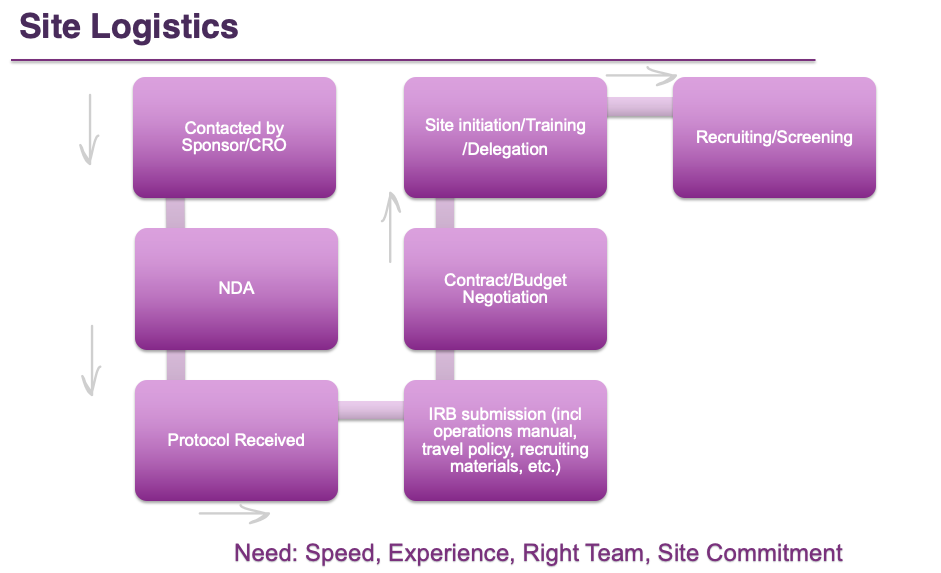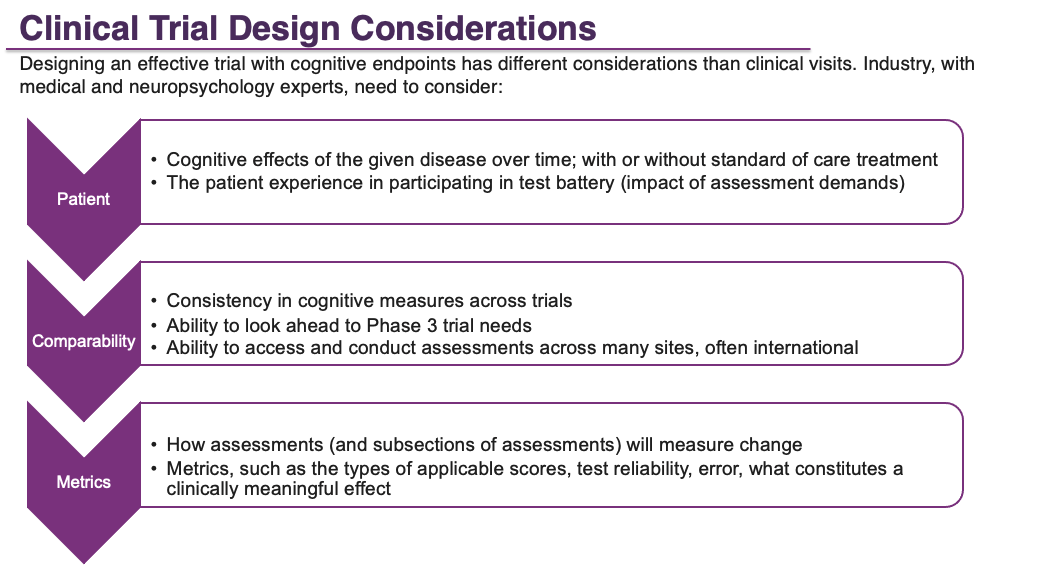Authored by Elsa Shapiro, PhD and Julie Eisengart, PhD, this review substantially documents MPS Natural History
The natural history of neurocognition in MPS disorders: A review
Abstract:
MPS disorders are associated with a wide spectrum of neurocognitive effects, from mild problems with attention and executive functions to progressive and degenerative neuronopathic disease. Studies of the natural history of neurocognition are necessary to determine the profile of abnormality and the rates of change, which are crucial to select endpoints for clinical trials of brain treatments and to make clinical recommendations for interventions to improve patients’ quality of life. The goal of this paper is to review neurocognitive natural history studies to determine the current state of knowledge and assist in directing future research in all MPS disorders. There are seven different types of MPS diseases, each resulting from a specific enzyme deficiency and each having a separate natural history. MPS IX, will not be discussed as there are only 4 cases reported in the literature without cognitive abnormality.
For MPS IH, hematopoietic cell transplant (HCT) is standard of care and many studies have documented the relationship between age at treatment and neurocognitive outcome, and to a lesser extent, neurocognitive status at baseline. However, the mortality and morbidity associated with the transplant process and residual long-term problems after transplant, have led to renewed efforts to find better treatments. Rather than natural history, new trials will likely need to use the developmental trajectories of the patients with HCT as a comparators. The literature has extensive data regarding developmental trajectories post-HCT. For attenuated MPS I, significant neurocognitive deficits have been documented, but more longitudinal data are needed in order to support a treatment directed at their attention and executive function abnormalities.
The neuronopathic form of MPS II has been a challenge due to the variability of the trajectory of the disease with differences in timing of slowing of development and decline. Finding predictors of the course of the disease has only been partially successful, using mutation type and family history. Because of lack of systematic data and clinical trials that precede a thorough understanding of the disease, there is need for a major effort to gather natural history data on the entire spectrum of MPS II. Even in the attenuated disease, attention and executive function abnormalities need documentation.
Lengthy detailed longitudinal studies are needed to encompass the wide variability in MPS II.
In MPS IIIA, the existence of three good natural history studies allowed a quasi-meta-analysis. In patients with a rapid form of the disease, neurocognitive development slowed up until 42 to 47 months, halted up to about 54 months, then declined rapidly thereafter, with a leveling off at an extremely low age equivalent score below 22 months starting at about chronological age of 6. Those with slower or attenuated forms have been more variable and difficult to characterize. Because of the plethora of studies in IIIA, it has been recommended that data be combined from natural history studies to minimize the burden on parents and patients. Sufficient data exists to understand the natural history of cognition in MPS IIIA. MPS IIIB is quite similar to IIIA, but more attenuated patients in that phenotype have been reported. MPS IIIC and D, because they are so rare, have little documentation of natural history despite the prospects of treatments.
MPS IV and VI are the least well documented of the MPS disorders with respect to their neurocognitive natural history. Because, like attenuated MPS I and II, they do not show progression of neurocognitive abnormality and most patients function in the range of normality, their behavioral, attentional, and executive function abnormalities have been ignored to the detriment of their quality of life. A peripheral treatment for MPS VII, extremely rare even among MPS types, has recently been approved with a post-approval monitoring system to provide neurocognitive natural history data in the future.
More natural history studies in the MPS forms with milder cognitive deficits (MPS I, II, IV, and VI) are recommended with the goal of improving these patients’ quality of life with and without new brain treatments, beyond the benefits of available peripheral enzyme replacement therapy. Recommendations are offered at-a-glance with respect to what areas most urgently need attention to clarify neurocognitive function in all MPS types.
Full paper: https://www.sciencedirect.com/science/article/pii/S1096719221000585?via%3Dihub#s0015





